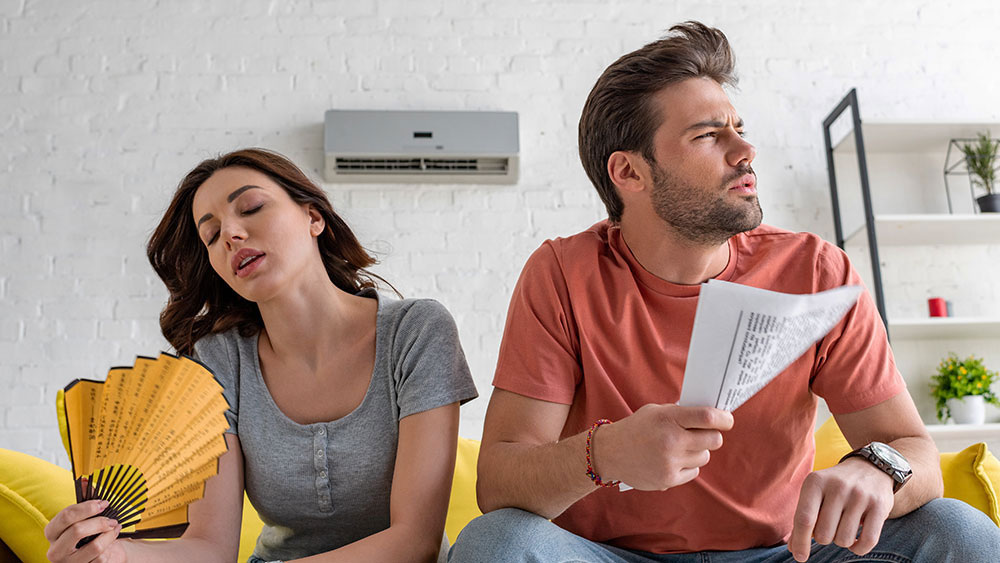
Key Takeaways
- Common AC problems include frozen coils, refrigerant leakage and thermostat malfunctioning.
- Issues like clogged fitlers can be fixed at home, but refrigerant leaks or electrical issues need professional help.
- Regular maintenance can help prevent many common AC problems.
With summer upon us, it’s time to bring out your air conditioners and let them work their cooling magic once again. After being idle for months, these HVAC systems are now back in focus, and any air conditioner problems are simply out of the question. Keeping cool is a top priority, so make sure your AC units are ready to perform at their best!
90% of homes in the United States use some sort of air conditioning. The use of air conditioning units significantly increases in the summer as the temperature soars. However, homeowners often run into trouble once they start their air conditioners, especially after such a dormant period.
Like all electric appliances, air conditioners also need regular tune-ups. This blog will help you catch any potential problems before they turn into costly repairs down the road.
- 1. Indoor Water Leaks
- 2. Outdoor Water Leaks
- 3. AC Refrigerant Leak
- 4. Dirty AC Filter
- 5. Damaged Compressor
- 6. Frozen Evaporator Coil
- 7. Capacitor Failure
- 8. Thermostat Malfunctioning
- 9. AC Making Noises
- 10. Circuit Breaker Keeps Tripping
- 11. AC Smells Bad
- 12. Leaking Ducts
- 13. Failure of Electric Control
- 14. AC Fan Failure
- 15. Weak Airflow
- Air Conditioning Problems? Not Anymore!
1. Indoor Water Leaks
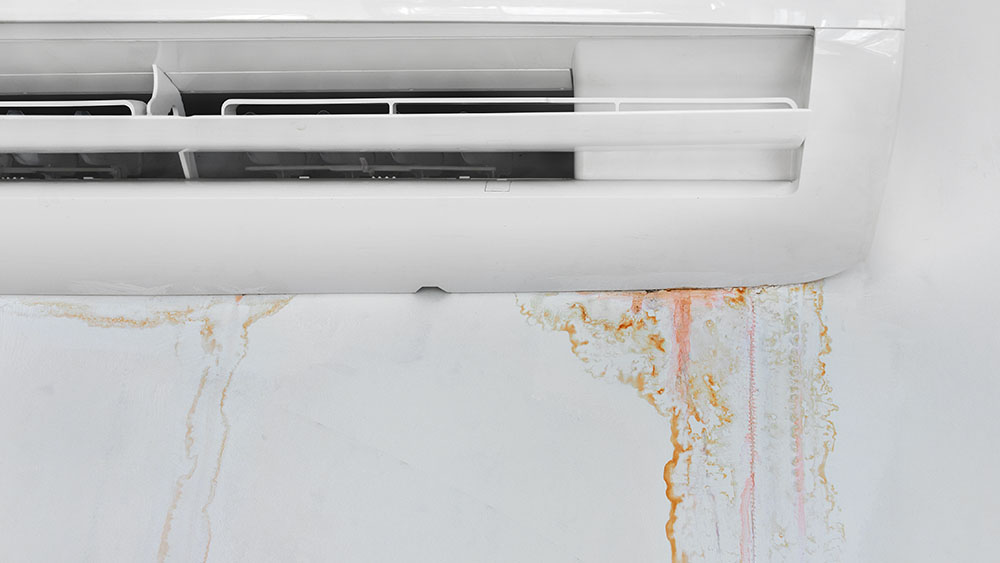
If you notice water leaking from your air conditioner unit, it’s a clear sign that maintenance is overdue! Water leaks are often caused by a clogged condensate drain line, which can become blocked with algae, fungi, or debris, causing water to back up and spill into your home. Another potential cause of this issue could be a malfunctioning condensate pump that needs to be repaired or replaced. Regular maintenance can help prevent these problems and keep your air conditioner running smoothly.
Solution to Water Leaking Indoors:
Water leaks are one of the common air conditioner problems and can be fixed with the help of a technician or even a home DIY solution. A clogged condensate pipe can be unclogged using a wet or dry vacuum. You can also pour 6 ounces of vinegar in the drain line to kill fungi or algae build-up. The exact location of the drain pipe within your unit may vary, so consult the user manual beforehand.
2. Outdoor Water Leaks
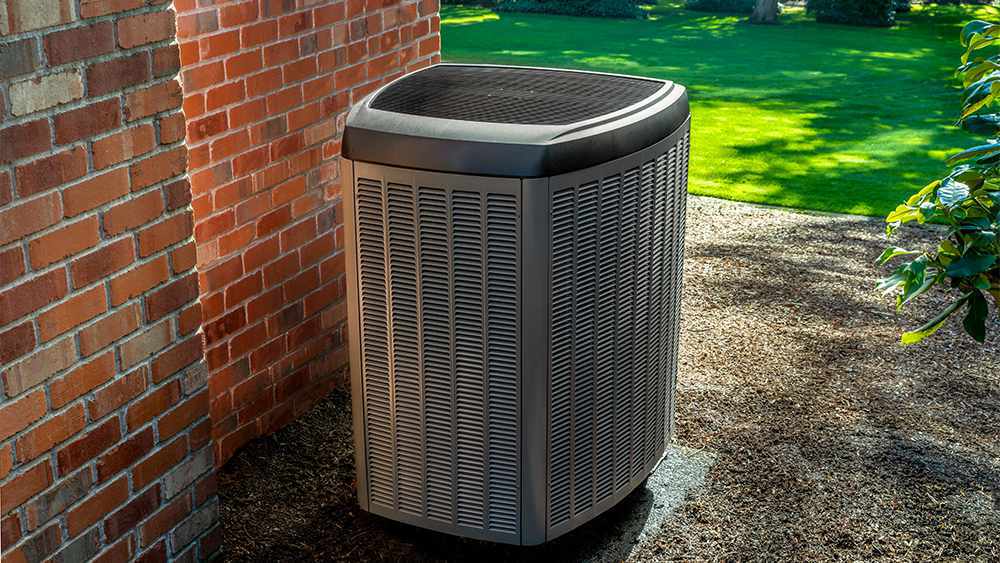
On hot summer days, you might notice a puddle of water forming outside your house under the air conditioner’s compressor. This could happen for several reasons: a clogged air filter, a damaged condensate pan, a faulty AC seal, or even improper installation. Identifying the cause early can help prevent further damage and ensure your air conditioner runs efficiently.
Solution to Water Leaking Outdoors:
After diagnosing this AC issue, you should turn off your air conditioner and disconnect the power supply. Things can get tricky if this problem is not taken care of timely. You might need to call a professional for such an air conditioner problem.
3. AC Refrigerant Leak
The refrigerant in your AC system plays a crucial role in cooling the air inside your home. As the primary cooling agent, it circulates through the system to absorb and release heat. One of the most common reasons for an underperforming AC is a refrigerant leak, which can significantly reduce your system’s efficiency.
Refrigerant leaks compromise your AC’s performance and can pose health risks and environmental hazards. They often occur due to the degradation of connections over time, physical damage to the unit, or severe vibrations that weaken the refrigerant lines.
Solution for AC Refrigerant Leak:
If there is a minor leak, you must top up the refrigerant and apply a minor fix. If there is a larger fault within the pipes, the whole network might need to be changed. While recharging the refrigerant, be careful not to overcharge or undercharge it. If the refrigerant charge matches the manufacturer’s specifications, your AC’s performance will remain top-notch.
You can detect the leak at home using multiple ways. Once detected, do not try to fix this air conditioner issue on your own, as it can be hazardous. Call a professional promptly and fix the leak to avoid further AC problems.
4. Dirty AC Filter
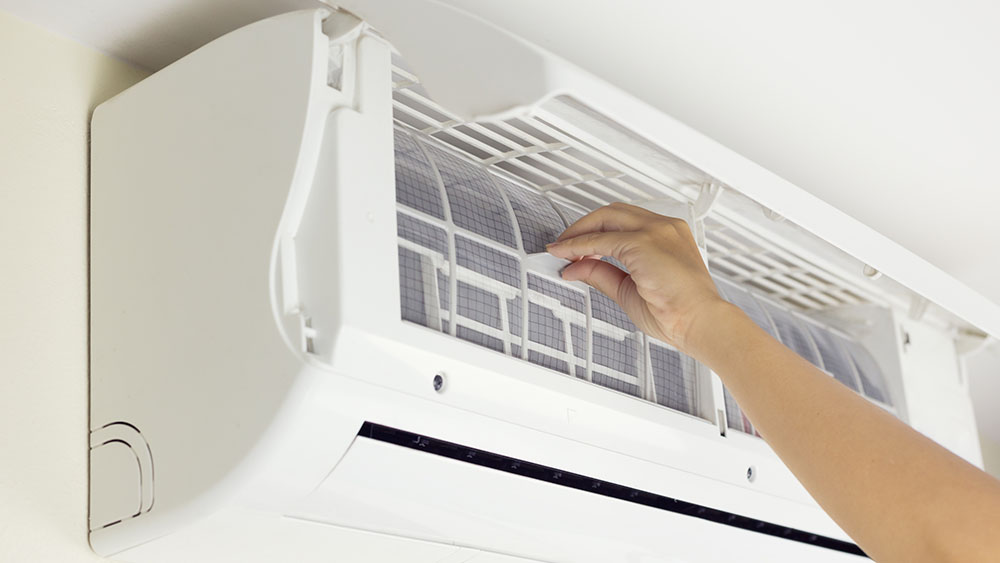
Air conditioner filters play an important role in keeping the airflow clean and free from dust and pollutants. However, clogged air filters restrict the airflow, decreasing the efficiency of your air conditioning system. AC filters can get clogged as dirt particles are trapped in the filter and not cleaned for a longer time.
Solution for Dirty AC Filters:
Most air conditioning systems have replaceable filters that can be easily removed and replaced. If they are reusable, air filters can be cleaned by washing them with water and allowing them to dry completely before reinstalling them.
Related: The 7 Types of Air Filters Explained – Choose the Best One for Your Home
During peak seasons, when AC is used most of the time, you should clean your filter every two weeks and change it every 3-4 months. Smart mini-split thermostats can also help you check your system’s filter status. They notify you when the air filters are due for a cleaning session.
Pet owners should be extra careful about the air filters as pet fur can escalate the issue. However, high-quality air filters can help prevent clogs and improve indoor air quality.
If clogged filters are a recurring problem, contacting a professional is recommended.
Your best choice to make any mini-split, window,
or portable AC smart. Enhance your comfort and savings.
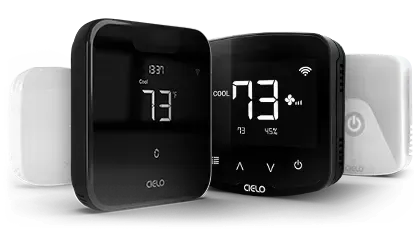
5. Damaged Compressor
One of the most integral components of your AC is the compressor, which helps refrigerants carry out heat exchange and regulate the AC pressure. Dirty coils, changes in refrigerant levels, and lack of lubrication can result in AC compressor failure.
If there’s insufficient refrigerant, the compressor will become hot and stop working. If more than required, the excess refrigerant will increase pressure in the unit, which can also cause it to fail.
Solution for a Damaged Compressor:
If your air conditioner is not cooling properly or detects weak HVAC airflow, it is likely a compressor problem. Contact your local air conditioning service to solve this common AC problem. If the compressor is severely damaged, replacing it is better than repairing it.
6. Frozen Evaporator Coil
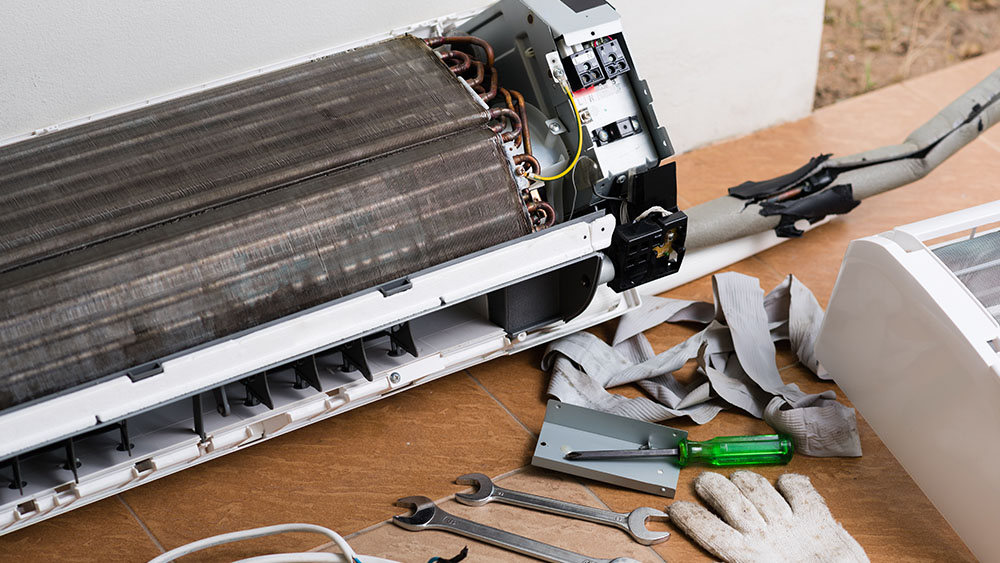
If your air conditioner is not cooling properly, it could be due to a frozen evaporator coil. This is a common problem with home air conditioners, and it occurs when the unit does not receive enough air to operate normally due to debris build-up.
The dirt accumulated on the coils restricts the airflow, and warm air does not reach the refrigerant. In this case, the refrigerant becomes too cold, and moisture on the coils freezes.
Over time, the coil becomes encased with ice, preventing the refrigerant from absorbing latent heat. This AC problem disrupts smooth air conditioning in your home.
Solution for a Frozen Evaporator Coil:
To diagnose this problem, first, inspect the damage. Then, let the evaporator coil thaw (defrost). Stop using the unit, and make sure to disconnect the power first. The evaporator coil usually takes 24 hours to thaw completely.
You can speed up the process by using a hair dryer, but be careful not to overheat the coil. In case of moderate frost, keep your system running on fan mode as the blower fan melts away the frost without shutting down the unit.
Read this guide to thoroughly clean your AC coils and avoid this issue in the future.
7. Capacitor Failure
Sometimes, when your AC turns on and off abruptly, accompanied by a clicking sound, it signals a capacitor issue. A capacitor is an important part of your air conditioning unit, giving the motor an initial push to start working.
The capacitor can overheat when your AC has to work hard in the extreme summer heat. Power fluctuations and frequent changes in the thermostat settings can also damage your capacitor.
Solution for Capacitor Failure:
Contact a professional to get your capacitor checked. Unfortunately, you cannot repair or replace it on your own as there is a risk of an electric shock.
8. Thermostat Malfunctioning
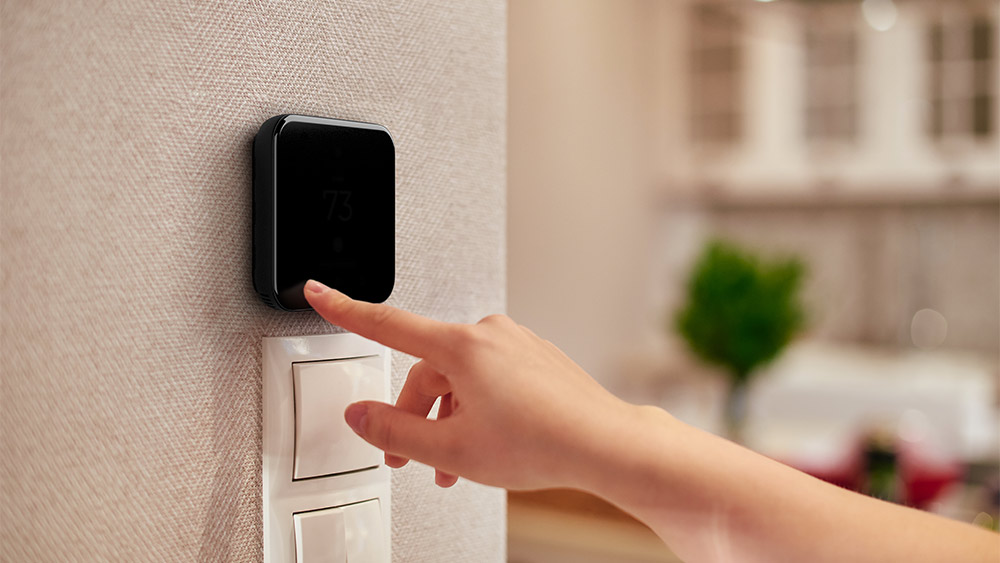
One of the most common problems with home air conditioners is the thermostat malfunctioning. For example, if your air conditioner is short-cycling and your space feels warmer than usual, your thermostat is not working properly.
There might be a serious issue due to dust and corrosion build-up or a simple case of dead batteries. Loose screws or wires inside the thermostat can also affect its functioning. If you have placed your thermostat where it gets direct sunlight, it can be another reason to impact its reading. In addition, your thermostat might not function correctly due to incorrect calibration.
Solution for a Faulty Thermostat:
If you have a battery-operated thermostat, check if the batteries are working properly. Then, remove the cover and use a soft brush to clean any dirt. If you notice corrosion build-up, contact a professional, as cleaning it on your own can lead to more damage.
Moreover, check the placement of your thermostat; it is recommended to place it in a room you use frequently and move it to a shaded area.
Place a glass thermometer next to your thermostat to check for thermostat calibration. After 15 minutes, check the readings of both devices. If there’s more than a one-degree discrepancy, it’s time to recalibrate your thermostat.
You can eliminate the problems with your old thermostat by switching to a smart thermostat. You can set it according to your preference and control it using your phone. A smart thermostat also helps in saving electricity bills.
9. AC Making Noises
If you notice strange, loud AC noises from your unit, it signals an underlying AC problem. Often, people make the mistake of ignoring them, which becomes an even bigger issue. Therefore, it is better to reach the base of the problem as soon as possible.
You can experience different types of noises, each with a different story to tell. For example, a grinding sound points toward the compressor or motor failure. If the AC fan is blocked or has a capacitor issue, it will make clicking noises. A bubbling noise is produced due to a refrigerant leak or excess moisture in your unit.
Solution for AC Noises:
You should never ignore the AC noises and contact an HVAC professional immediately. A technician will help you determine the sound’s meaning and fix the underlying issue.
10. Circuit Breaker Keeps Tripping
If your circuit breaker keeps tripping repeatedly, it can be caused by a variety of issues, including a power surge, capacitor failure, dirty filters or coils, low refrigerant levels, compressor failure, or issues with the circuit breaker itself.
Once you notice this problem, turn off your AC and don’t try to reset the breaker, as it can cause a fire.
Solution for Tripping Circuit Breaker:
Unfortunately, there is no DIY solution for this problem. You would have to contact a professional as a circuit breaker involves electrical components and can get dangerous. Doing this on time will help improve the average lifespan of your AC.
11. AC Smells Bad
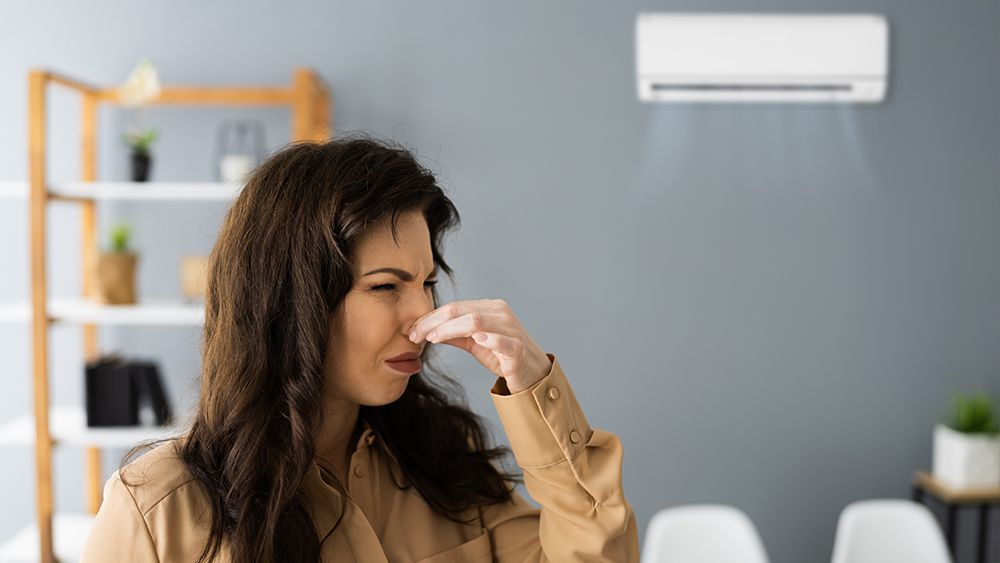
Similar to the noises, it is important to observe what type of smell your AC produces to indicate the underlying issue clearly. For example, a pungent smell from your air conditioner is due to mold growth. A fire-like smell indicates that some electrical components are burning inside the system. A gas smell indicates leakage of Methyl Mercaptan, which can be dangerous.
If you turn on the AC after a while, you may notice a rotten egg smell coming from the unit. This is because birds and insects can enter your system and die, causing this unpleasant smell.
Solution for AC Smell:
If you have just taken out your ACs after winter, an uncommon smell is nothing to be alarmed by. It should vanish soon. However, if it lingers, you have an underlying problem. Remember to thoroughly clean your air conditioner when taking it out after a dormant period.
For electrical and gas leakage issues, always call a professional for repairs.
12. Leaking Ducts
In the case of ducted air conditioners, ductwork carries the cold air to your whole house. However, if there is a leak or a hole, it could affect your AC’s functioning. Even if your air conditioner runs for a while, you will feel like it is not turned on.
Leaking ducts can affect the air quality as the holes in the ductwork can suck up dirt and other pollutants. This extra debris can also clog the air filters and lead to uneven cooling and heating in your house.
Solution for Leaking Ducts:
To determine this common air conditioner problem, first look for holes and tears in the ductwork. If you can’t find the holes, you can turn on your air conditioning unit at full speed to check for airflow through holes; however, this will only work if your unit blows air. Most leaks occur where the two ducts are joined, so place your hand near these joints to feel the air coming out.
After finding the duct leaks, use foil-faced tape to seal them. However, tape isn’t a long-term solution, so it’s better to use mastic air duct sealant. It is a sticky substance that you apply to the holes and gaps and hardens after drying.
If you aren’t sure you will do it right, contact an HVAC expert to help you out.
13. Failure of Electric Control
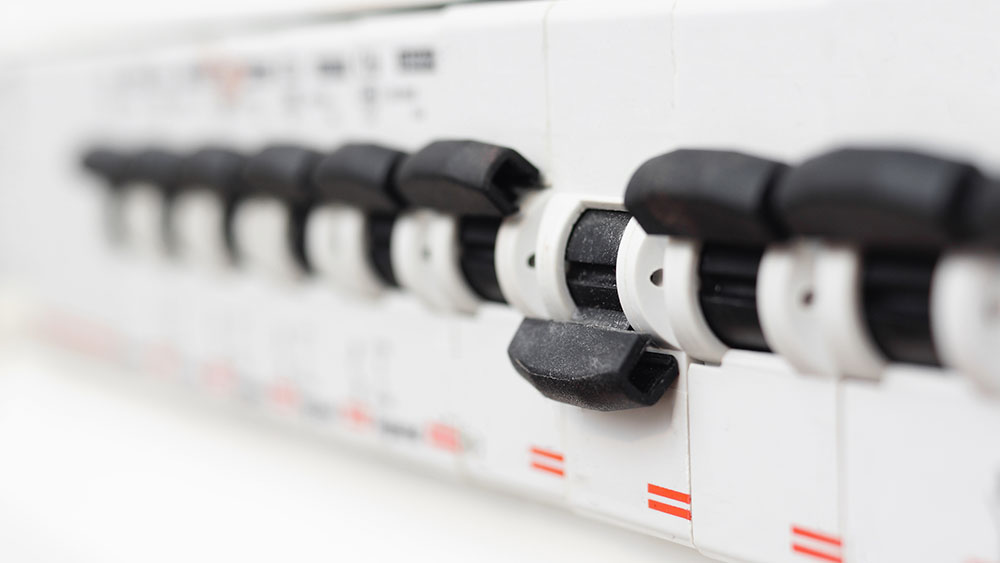
Turning your air conditioner on and off frequently can cause wear and tear on the compressor and fan. This is even more probable when done repeatedly over a short period.
This is because the compressor and fan have to work harder each time the AC is turned on, which can lead to increased stress on the components and potential damage over time.
Power surges can also result in electrical failure. Moreover, acid can build up in your unit due to electrical failure, which causes further air conditioner problems.
Solution for a Failure in Electric Control:
To tackle any issue related to electric control, it is better not to take things into your hands. A professional can detect the acid build-up during tune-ups as it is a major sign of an electrical issue. In addition, regular AC maintenance can help prevent this in the future.
14. AC Fan Failure
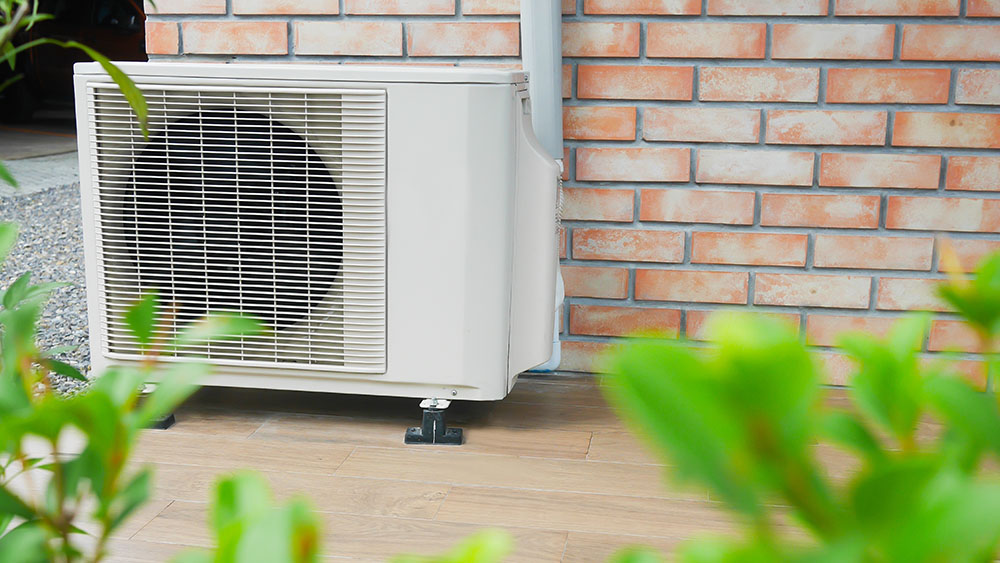
The outside unit transfers the heat from indoors to outdoors through a fan located in the outdoor unit. If the fan outside the house does not perform efficiently, proper heat transfer does not occur. As a result, the air conditioner’s compressor may overheat or trip the safety load. The worst case is when it may cause internal damage to the compressor, leading to the replacement of an air conditioner.
Solution for AC Fan Failure:
If your system’s fan stops, there might be a wiring issue or a loose component. In such cases, simply remove the outer casing and visually inspect the problem.
Again, be sure to turn the power off beforehand. In most cases, though, it might be difficult for you to diagnose such an air conditioning unit problem, so it is better to call a professional and get it fixed properly.
15. Weak Airflow
If your home is experiencing cold and hot drafts or you notice pressure imbalances, this air conditioner problem might be due to an HVAC airflow issue. In this scenario, the fan cannot push enough air for various reasons, such as a dirty air filter or faulty blower motor.
Leaking ducts, vent blockage, and low refrigerant levels can also cause this issue. It is annoying, especially in the hot summer months.
Solution for Weak Airflow:
If your thermostat is faulty, try recalibrating it and see if it works. If a vent is blocked, check if a piece of furniture or a decorated item is blocking the airflow. Then, simply move the item aside to fix the problem. Cleaning the filters will also help improve the airflow. If you can’t figure out the fix, call an HVAC professional for an audit.
Air Conditioning Problems? Not Anymore!
Air conditioning systems are complex machines that require regular care and maintenance to function properly. Neglecting regular maintenance can lead to several AC problems, including reduced cooling efficiency, increased energy consumption, and even system failure.
Regular AC unit maintenance can help keep it running efficiently and prevent potential issues. The guide above will equip you to promptly tackle the most common AC problems. To prevent these from occurring, it is recommended that your AC system be professionally maintained at least once a year.
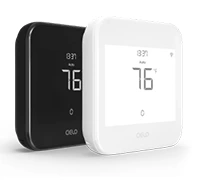
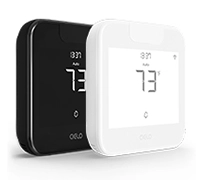
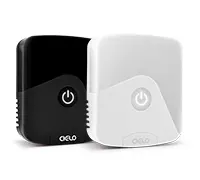
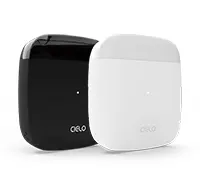
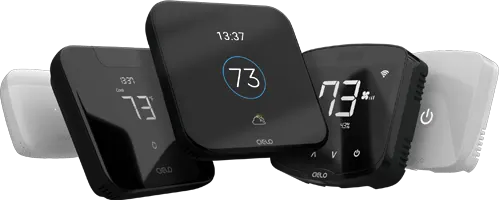
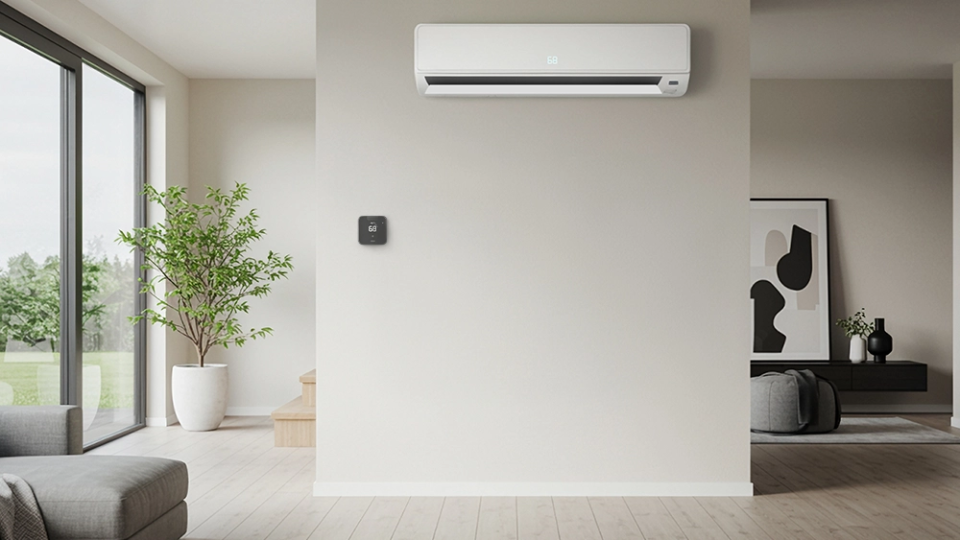
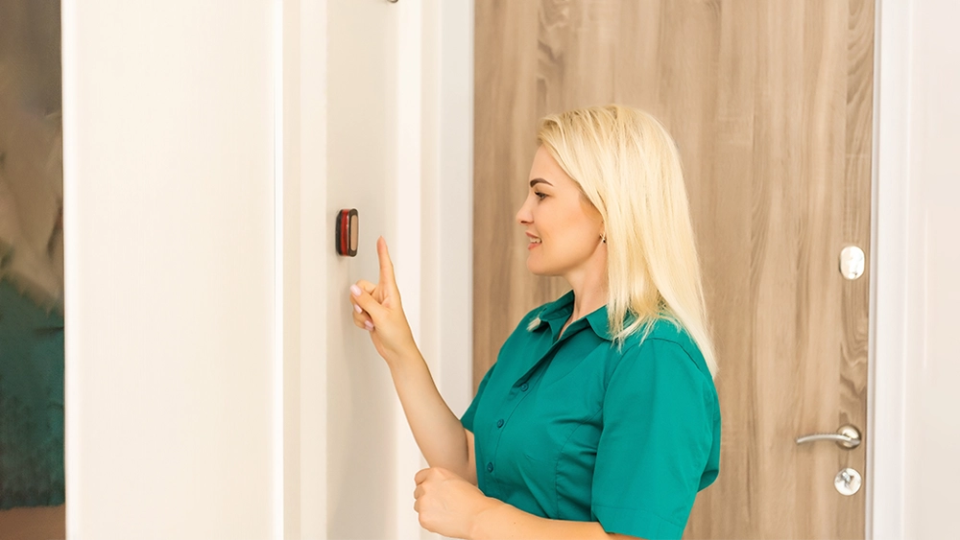
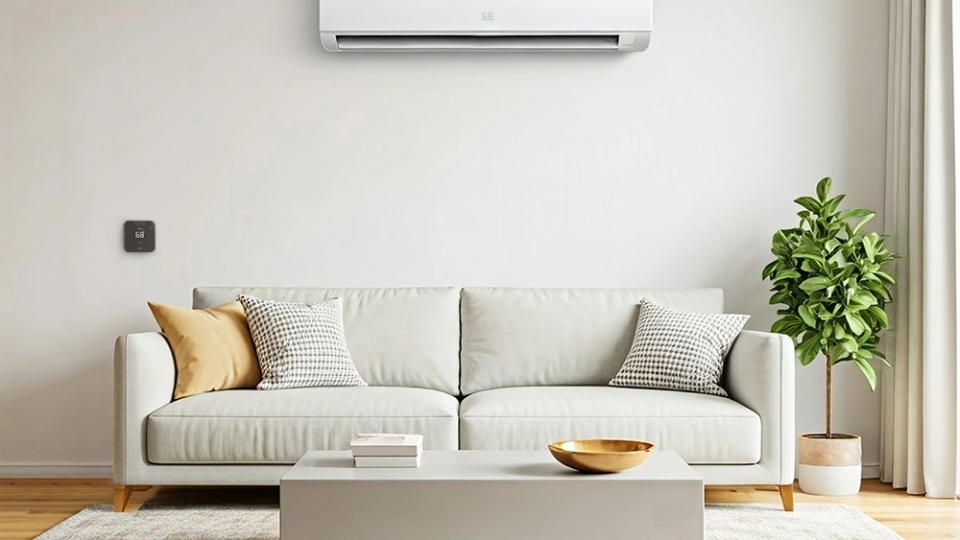

10 Comments. Leave new
An efficient air conditioner is crucial for maintaining comfort during the summer months. Regular maintenance and timely repairs can ensure its longevity and optimal performance throughout the year.
This is a very good article
Great article!
My air conditioner unit fan won’t shut off.
Hi Marlene, If your AC fan doesn’t turn off, there could be an issue with your thermostat. You might have accidentally set the temperature on your thermostat too low, and your unit is trying to achieve that setting by continuously running the fan. In this case, you will have to reset the fan to ‘auto’ or ‘off.’
Another reason could be related to the relay switch. If the switch gets stuck or has malfunctioned, the fan won’t turn off. It’s best to call the pros to have it fixed.
What causes your window unit to not turn off when power turned with the remote and or trying the control panel . The ac unit continues to hum after you push power button .?
If your air conditioner is humming, but you notice that the fan is not turning on, you might have a capacitor issue. The capacitor may have malfunctioned and requires replacement. It’s best to contact an HVAC technician and not try to replace the capacitor yourself as there is a risk of electric shock.
It is really important to know what your aircon’s problem is and what solution and steps to take to resolve the problem. Really informative blog.
What causes the air conditioner malfunction causing dampness to clothes and bedding?
Hi Patricia, dirty air filters, AC coils, or clogged drain pans will prevent your AC from removing excess humidity from your house. Focusing on AC maintenance is the key to preventing this issue. An oversized AC can also be a culprit. When an AC is oversized, it cools the room too quickly and then shuts off. This doesn’t give it adequate time to remove the extra moisture from your home.